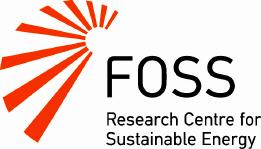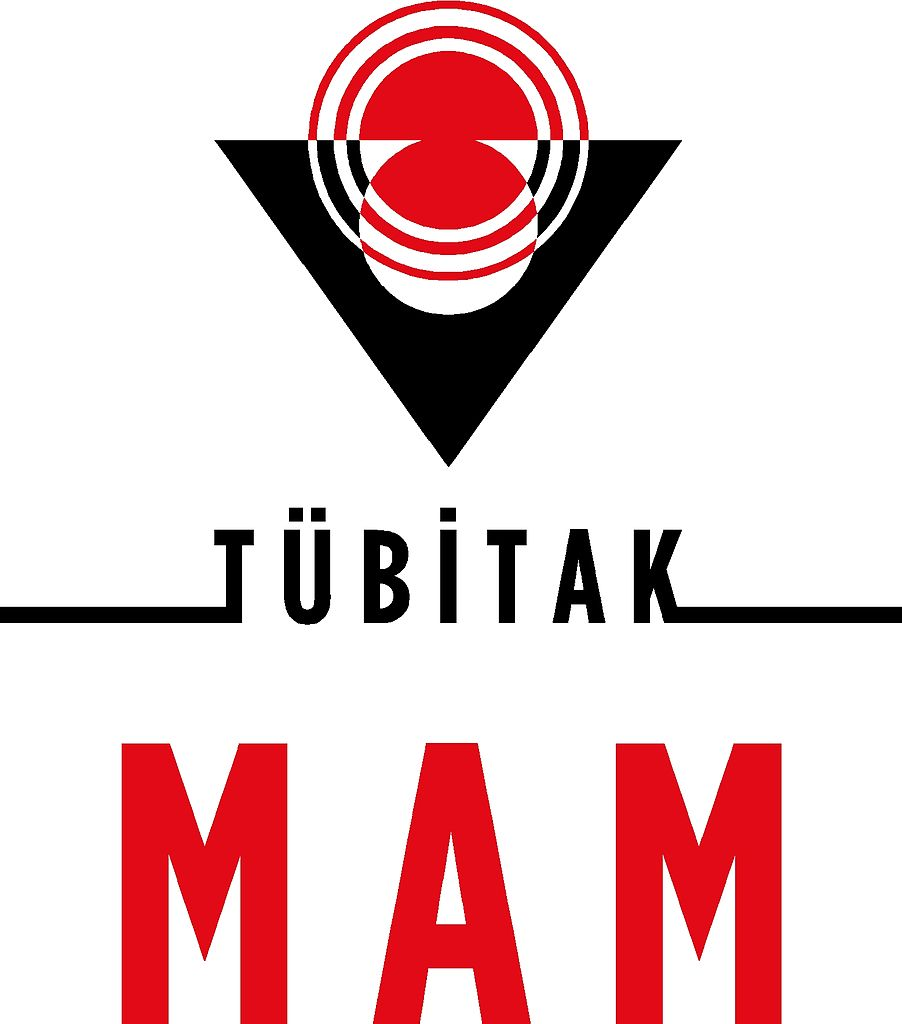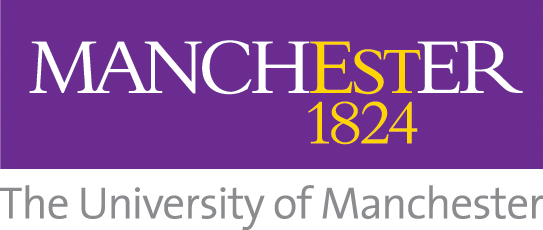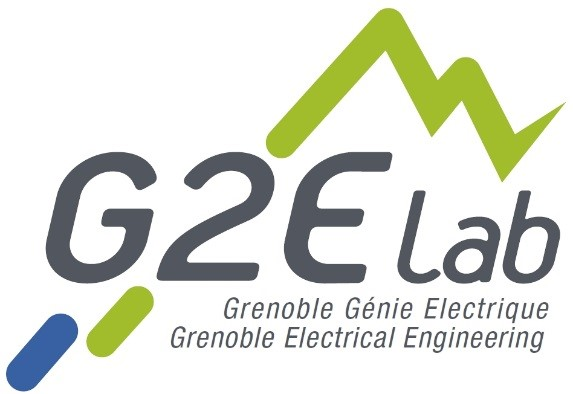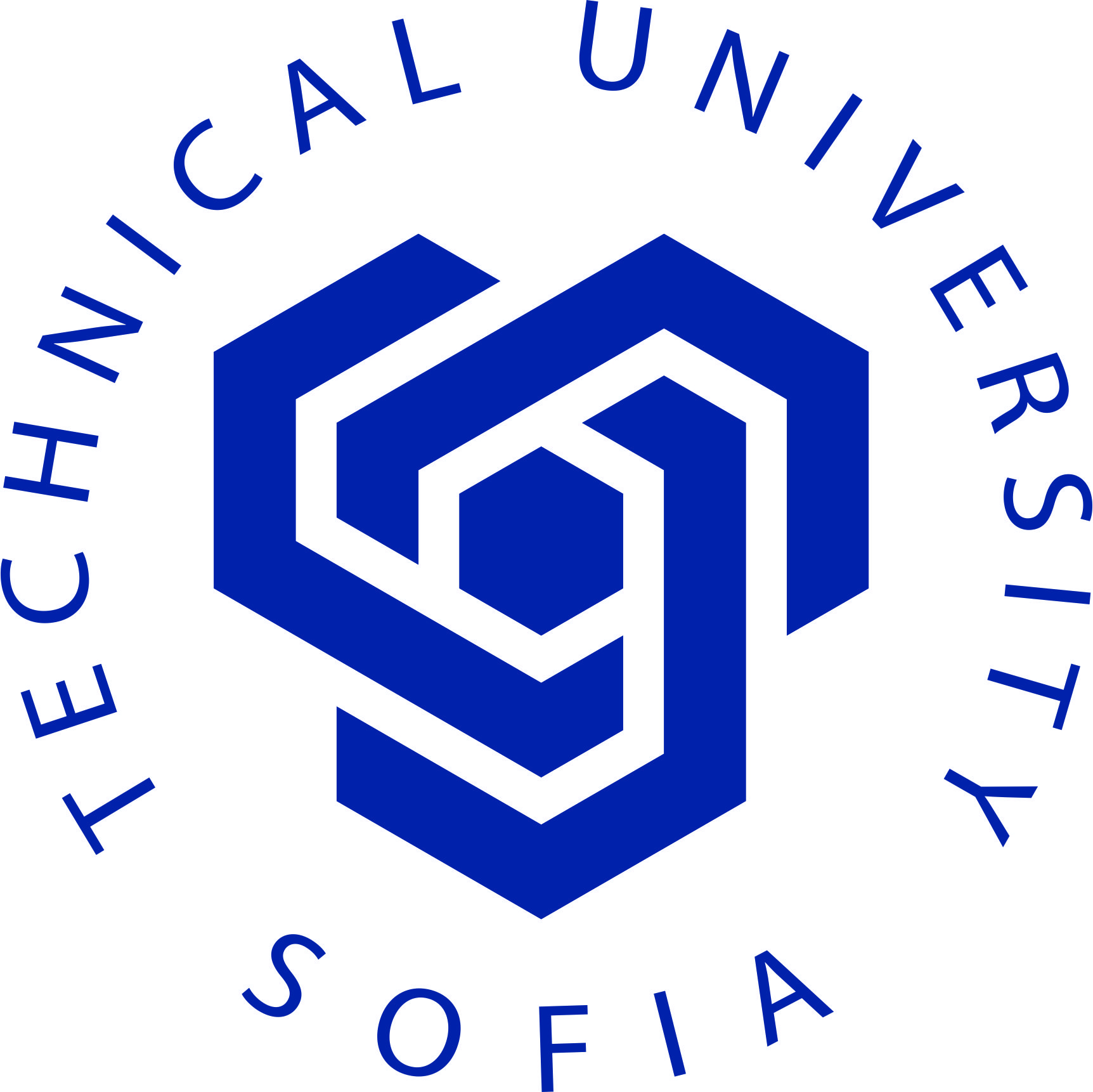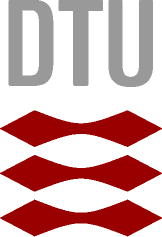The RTDS installation at TU Delft consists of 8 racks with 10 PB5 and 36 3PC cards, capable of simulating grids in 2 µs and 50 µs step size.Additionally the racks have analog/digital I/O, remote I/O, two GTNetx2, and one GTSync card. The RTDS Simulator allows to test protection and con-trols in real time, where an hour in the real world equals an hour in the simulator. Utilizing modular custom computing hardware and software, simulations performed encompass results from DC up to electromagnetic transients. Inherently, these results include information regarding the system load flow and transient stability, as well as that of harmonics and faster disturbances.
Delft Institute of Technology





